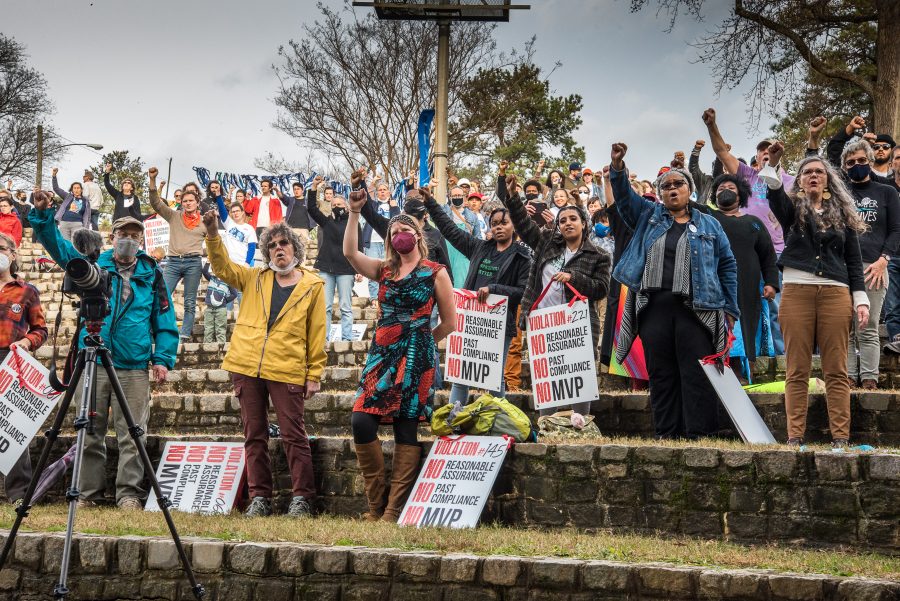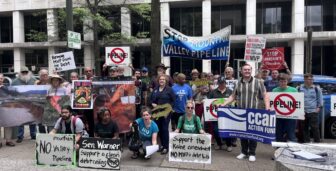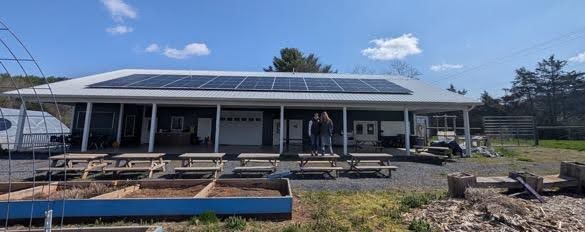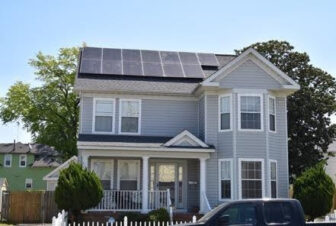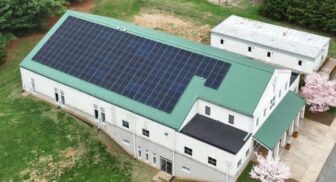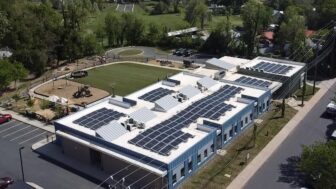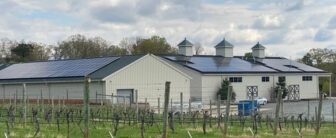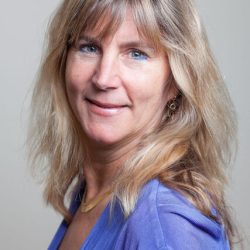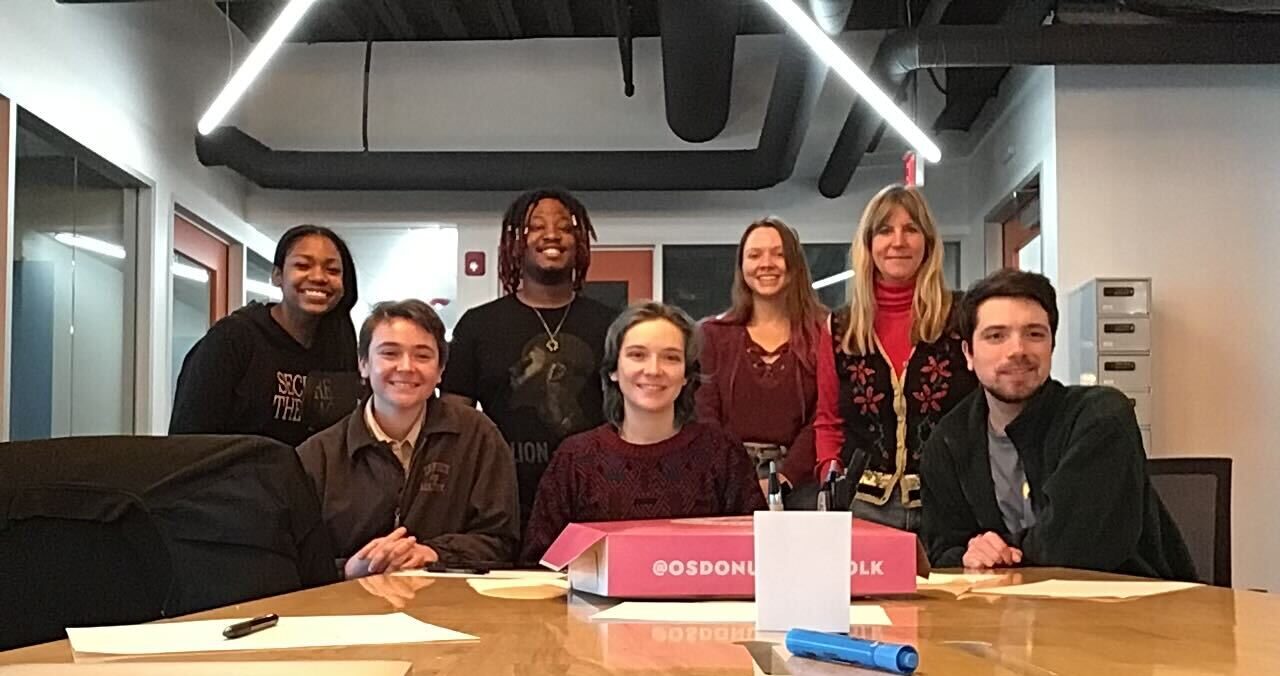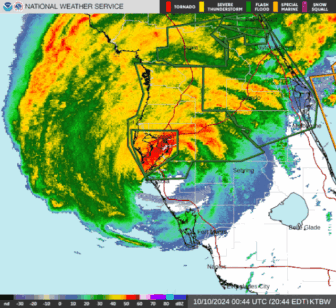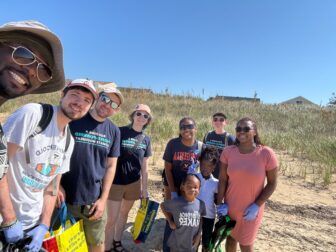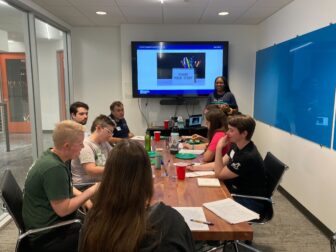Report Documents 3X Reported Greenhouse Gas Pollution, Air and Water Contamination, Including in Virginia
For a copy of the report, click here.
Richmond, VA – Climate-warming pollution from the U.S. paper industry is vastly under-reported because of exemptions in federal rules and worsened by badly outdated industrial equipment, with some – including in Virginia — dating back to World War II or earlier and burning dirty fuels like coal, tires, and wood, according to a new report by the Environmental Integrity Project, “A Paper Trail of Pollution.”
Among the worst polluters listed in the report is the 126-year-old Smurfit Westrock paper mill in Covington, Virginia, north of Roanoke, which uses a boiler built in 1940 and reported releasing 970,084 metric tons of greenhouse gases in 2023, the most of any U.S. paper mill. In reality, the mill emitted about 2.5 times that amount — but EPA did not count 1.5 million tons because of a loophole for pollution from the burning of wood and other “biogenic” material. The plant inspires numerous complaints from local residents for its rotten egg odors, soot and dust, and for fouling the Jackson River with pollution.
“Pollution from industrial factories burning trees is an under-counted source of climate-warming pollution,” said Victoria Higgins, the Virginia Director of the Chesapeake Climate Action Network. “In order to deliver on the promise of clean air and a stable climate in Virginia, we need to ensure facilities like the more than century-old Smurfit Westrock mill are moving to cleaner energy sources.”
Jen Duggan, Executive Director of the Environmental Integrity Project, said: “Even in the digital age, we need paper products. But there is no reason a clean sheet of paper needs to be made with dirty fuels and antiquated methods. The American paper industry should modernize these plants to use cleaner and more efficient power systems and increase recycling to reduce climate pollution and protect the health of nearby communities. And this industry should not be allowed to hide its climate pollution.”
For the report, researchers examined the 185 largest pulp and paper mills in the U.S. – including 10 in Virginia — and found that almost three quarters of them have outdated heating systems called boilers, which tend to be less efficient and release more pollution than newer ones. The average boiler dates back to President Reagan’s first term, when rotary-dial telephones were still a widely-used technology.
About half of the facilities (90 of the 185) reported burning a high-polluting wood waste product called “black liquor,” and 38 of the mills reported burning other dirty fuels, including coal, tires, or an oil refinery waste product called petroleum coke.
Over a period of more than six months, a team of researchers at EIP examined thousands of pages of public records on the 185 largest pulp and paper mills in the U.S., studied online data, and visited paper mills in three states.
The report finds:
- The average age of an industrial boiler at the 185 pulp and paper mills examined was 41 years, with the oldest installed nearly a century ago — in 1928 – at a plant now called Nippon Dynawave Packaging in Longview, WA. Although experts say that boilers should be replaced after about 15 years, more than 40 percent of the mills studied (77 out of the 185) had at least one boiler that was a half-century old or more.
- In 2023, the 185 large paper industry mills in the U.S. reported a total of 33.2 million metric tons of greenhouse gas emissions to EPA. However, this was less than a third of the actual greenhouse gases from these plants (115 million tons) because EPA allows industry to subtract the amount that came from burning “biogenic” fuels like wood and wood byproducts like black liquor. The questionable rationale for this reporting loophole is that carbon dioxide emissions from burning trees should not count when this pollution is emitted because trees can grow back in the future.
- Pulp and paper mills are among the largest sources of hydrogen sulfide air pollution in the U.S., with six of the 10 largest single industrial emitters of this pollutant reporting to EPA in 2023 coming from the paper industry. Ninety plants in 2023 reported emitting a total of eight million pounds of hydrogen sulfide, a chemical compound produced in the pulping process that smells like cabbage or rotten eggs that can irritate the eyes and lungs and trigger headaches and nausea. Almost half of that pollution came from the top 12 plants. (See list of worst polluters at bottom).
- A third of the plants examined (63 of the 185) had an air pollution violation in the last three years, according to EPA data. State or federal agencies brought 267 air pollution enforcement actions against 95 plants in the last five years and issued $7.4 million in environmental penalties.
- About half of the pulp and paper mills (90 of the 185 studied) burned black liquor and 85 reported burning wood, releasing large amounts of air pollution, including particulate matter, carbon dioxide, and sulfur dioxide. In addition to burning this “biomass,” pulp and paper mills rely on a wide array of fossil fuels and waste products. In total, 38 mills reported burning coal, tires, waste oil, fuel oil, or petroleum coke.
- In 2020, the 185 paper mills EIP examined reported emitting a total of 46,095 tons of sulfur dioxide (SO2), a pollutant that can contribute to heart and lung damage and premature death. Yet some mills lack basic pollution control devices – including scrubbers – that can curtail emissions of sulfur dioxide and hydrogen sulfide.
The report includes three local case studies – in Virginia, Washington State and South Carolina – that detail how pollution problems at paper mills harm the quality of life in local communities, including through hydrogen sulfide emissions.
VIRGINIA: The Smurfit Westrock paper mill in Covington, Virginia, north of Roanoke, was the No. 1 emitter of methane, a potent greenhouse gas, among large paper mills in 2023 (releasing 214,755 metric tons); and the third biggest emitter of hydrochloric acid (releasing 170,000 pounds) that year, according to EPA records.
State records show at least a dozen incidents over the last five years of people reporting the mill dumping black liquor or other dark-colored or murky fluids into the Jackson River, a tributary to the James River and the Chesapeake Bay. One of those complaints, filed on November 7, 2022, was headlined: “Polluted Water Destroying the Upper James River Fishery.” But the complaint was quickly dismissed by the Virginia Department of Environmental Quality, state records show.
WASHINGTON: The Port Townsend Paper Company’s paper mill north of Seattle has been in violation of the Clean Air Act for 12 of the last 12 quarters, including for releasing hazardous air pollutants, soot, and nitrogen oxides. The plant has been hit with five air pollution enforcement actions and 23 violation notices over the last five years, but only $63,750 in penalties.
Some local residents are concerned about their health, because a federal study in 2024 found that breathing the sulfur compounds in the air near the mill could contribute to lung disease or irritation. Advocates are urging state regulators for a stronger water pollution control permit and better enforcement, with the plant having six water pollution violations in the last five years that triggered enforcement actions.
SOUTH CAROLINA: New-Indy Containerboard, a paper and pulp mill in Catawba, has an antiquated boiler system that dates back to the Eisenhower Administration. Local residents have filed nearly 50,000 odor complaints about the mill’s pollution since it was acquired for roughly $300 million in 2018 by an investment group led by Robert Kraft, the billionaire owner of the New England Patriots football team.
In 2023, the New-Indy plant was the worst polluter in the nation for mercury and zinc air pollution among the 185 pulp and paper mills studied for this report. Mercury can damage the brain, and zinc can cause lung irritation and fever.
To reduce air and climate-warming pollution from pulp and paper mills across the U.S., the report makes the following recommendations:
- Pulp and paper mills should switch to cleaner fuels and replace outdated boilers with zero-emission industrial heat technologies. The 185 mills in this report often rely on outdated boilers — averaging more than four decades old — and an array of dirty fuels, including coal, tires, petroleum coke, waste oil, wood, and black liquor. Mills should update their equipment, switch to cleaner fuels, and install modern technologies like industrial heat pumps.
- The paper industry should continue the shift toward using more recycled paper. Using virgin wood to make pulp and paper is considerably more damaging to the environment than using recycled paper. Manufacturing a ton of cardboard from recycled paper requires no new wood, about half the energy, 32 percent less water, and creates about a quarter of the climate-warming emissions compared to making cardboard from wood.
- States and EPA should set more stringent pollution limits and vigorously enforce the limits that exist. By ratcheting down pollution limits, states and the EPA can incentivize paper mills to invest in more efficient, cleaner technologies.
- The pulp and paper industry should accurately account for the greenhouse gas emissions from burning wood and black liquor. The industry’s greenhouse gas pollution is grossly underestimated because EPA has allowed it to exclude emissions that came from burning “biogenic” fuels like wood and wood byproducts like black liquor. EPA must improve the accuracy of its greenhouse gas reporting program, while also protecting the program from elimination by the Trump Administration.
For a copy of the report, click here.
For a copy of a spreadsheet with detailed pollution, fuel source, boiler age, and environmental law compliance data on the 185 facilities studied, click here.
###
The Environmental Integrity Project is America’s environmental watchdog. We hold polluters and governments accountable to protect public health and the environment.



